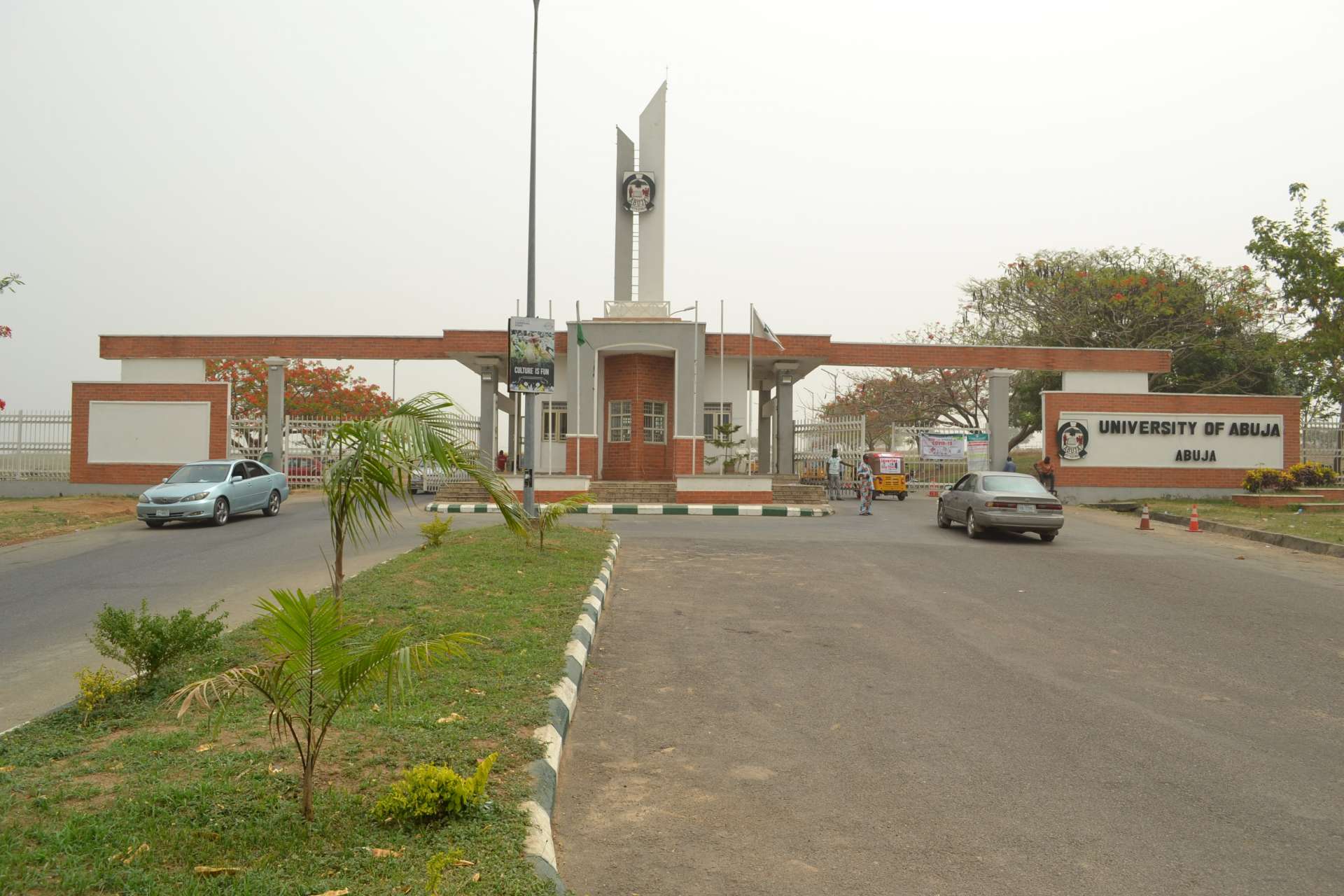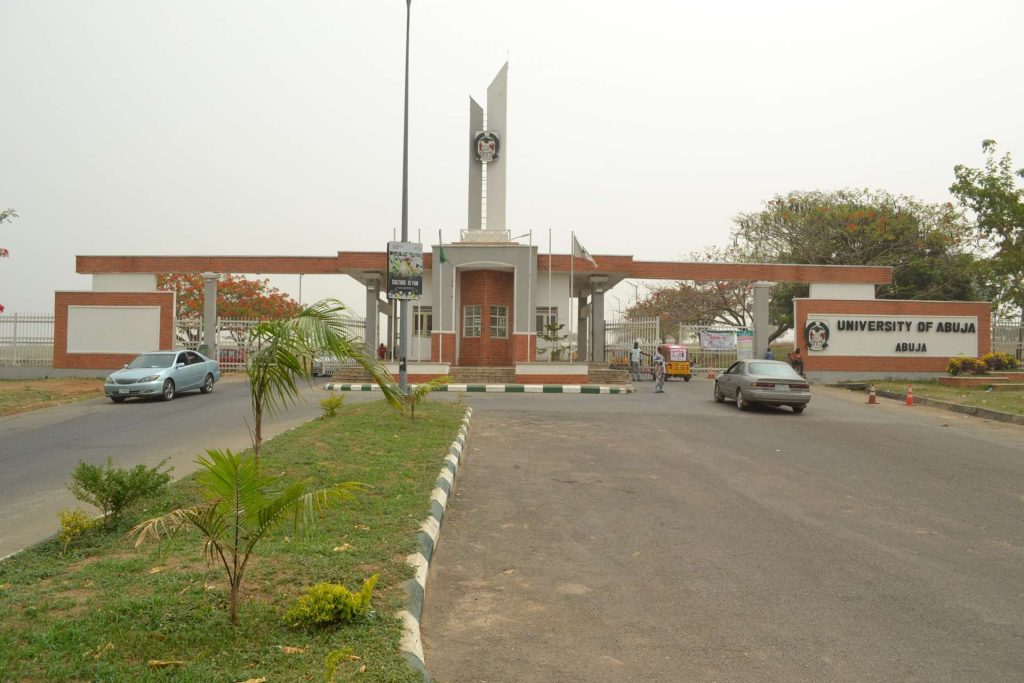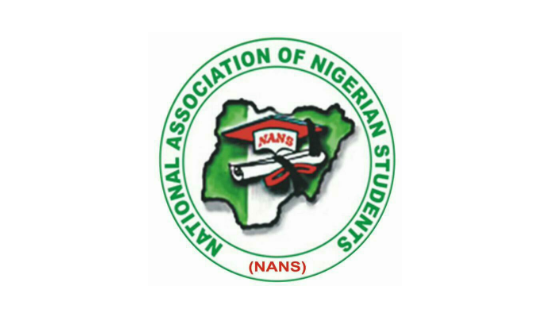UniAbuja Alumni Oppose Proposed Renaming of Institution After Gowon


The University of Abuja Alumni Association and former student leaders have opposed the Federal Government’s proposal to rename the university after former Head of State, Yakubu Gowon.
This stance was outlined in a statement titled “Proposed Renaming of University of Abuja to Yakubu Gowon University – A Right Step in the Wrong Direction”, signed by the group’s convener and former NANS Vice President (National Affairs), Habeeb Abdulkadir.
The association expressed concerns about the potential impact on the university’s legacy, highlighting social and financial costs as well as logistical challenges. It acknowledged Gowon’s contributions to national unity, particularly his role in leading the nation through the civil war and fostering unity among Nigeria’s diverse populations.
However, it argued that renaming the university would harm its established identity, complicate administrative operations, and reduce its prestige.
As an alternative, the group suggested honouring Gowon by renaming Eagle Square in Abuja after him, creating a new institution or research centre in his name, or naming the proposed University of Science and Technology Abuja after him.
In a formal petition to President Bola Tinubu, National Assembly leaders, the Minister of Education, and the Executive Secretary of the NUC, the association highlighted the significance of retaining the name University of Abuja. It stated that the institution symbolises a connection to the nation’s capital, which represents unity and the convergence of Nigeria’s diverse cultures and histories.
The group called on the government to prioritise funding for the university’s infrastructure and curriculum improvements rather than renaming it. It emphasised the financial burden of renaming, which would necessitate “costly rebranding efforts and adjustment to official documentation, signage, and affiliation, among many other things.”
The statement further warned that changing the institution’s name would erode the pride and identity built by its alumni, students, and staff. It criticised the lack of consultation and public involvement in the decision, describing it as a “top-down imposition” that excluded key stakeholders such as students, faculty, and alumni.
It concluded that inclusive dialogue and transparency could have fostered a widely accepted decision or justified why the renaming should not proceed, avoiding polarisation and resistance within academic and public circles.






